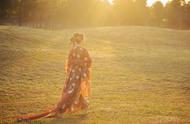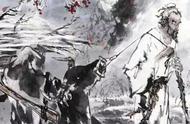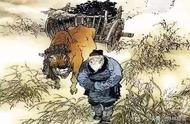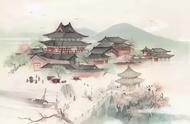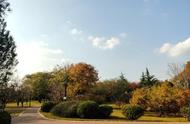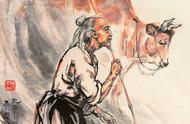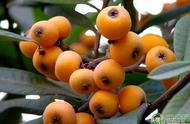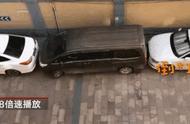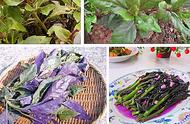译 典
2021.7.8 第451期

卖炭翁
【唐】白居易
卖炭翁,伐薪烧炭南山中。
满面尘灰烟火色,两鬓苍苍十指黑。
卖炭得钱何所营?身上衣裳口中食。
可怜身上衣正单,心忧炭贱愿天寒。
夜来城外一尺雪,晓驾炭车辗冰辙。
牛困人饥日已高,市南门外泥中歇。
翩翩两骑来是谁?黄衣使者白衫儿。
手把文书口称敕,回车叱牛牵向北。
一车炭,千余斤,宫使驱将惜不得。
半匹红纱一丈绫,系向牛头充炭直。
(教育部组织编写,温儒敏总主编《义务教育教科书语文》八年级下册第6单元第24课。北京:人民教育出版社,2018年)
白居易(772年-846年),字乐天,号香山居士,又号醉吟先生,祖籍太原,到其曾祖父时迁居下邽,生于河南新郑。是唐代伟大的现实主义诗人,唐代三大诗人之一。白居易倡导新乐府运动。白居易的诗歌题材广泛,形式多样,语言平易通俗,有“诗魔”和“诗王”之称。
BAI Juyi(772-846), styled Blessed Glee, Mt. Balm by literary name, born in New Cheng, in present-day Henan Province. A realistic poet, one of the three most outstanding poets in the Tang dynasty, and an advocator of Yuefu Movement with Yuanzhen (a litterateur and official in the Tang dynasty) Bai’s poems comprise various themes, and his language is easy-going. Bai was praised as “Magician of Poems” and “King of Poems”.

The Charcoal Gray Hair
By BAI Juyi
Tr. ZHAO Yanchun
The charcoal Gray Hair,
He fells trees for charcoal in south hills there.
He’s dirty with dust and smoke, front or back;
His sideburns gray and his fingers all black.
What will he do with the money he earns?
Food, clothing, and all those daily concerns.
So poor, the garment he wears is so thin;
For higher price, he hopes winter to set in.
Outside the wall at night, a foot of snow,
At dawn he drives his cart down ice to go.
So tired, the sun high, and the ox so pressed,
Outside South Gate, in snow and slush he’ll rest.
Lo, riders trotting up, who are they guessed?
A herald in gold and a boy white dressed.
Decree in hand, an edict here they shout;
To north they turn the ox and cart about.
A cart of charcoal half a ton does weigh;
What can he do now they take it away?
A foot of red silk, and damask gauze spread,
The price for charcoal, tied to the ox’s head.


